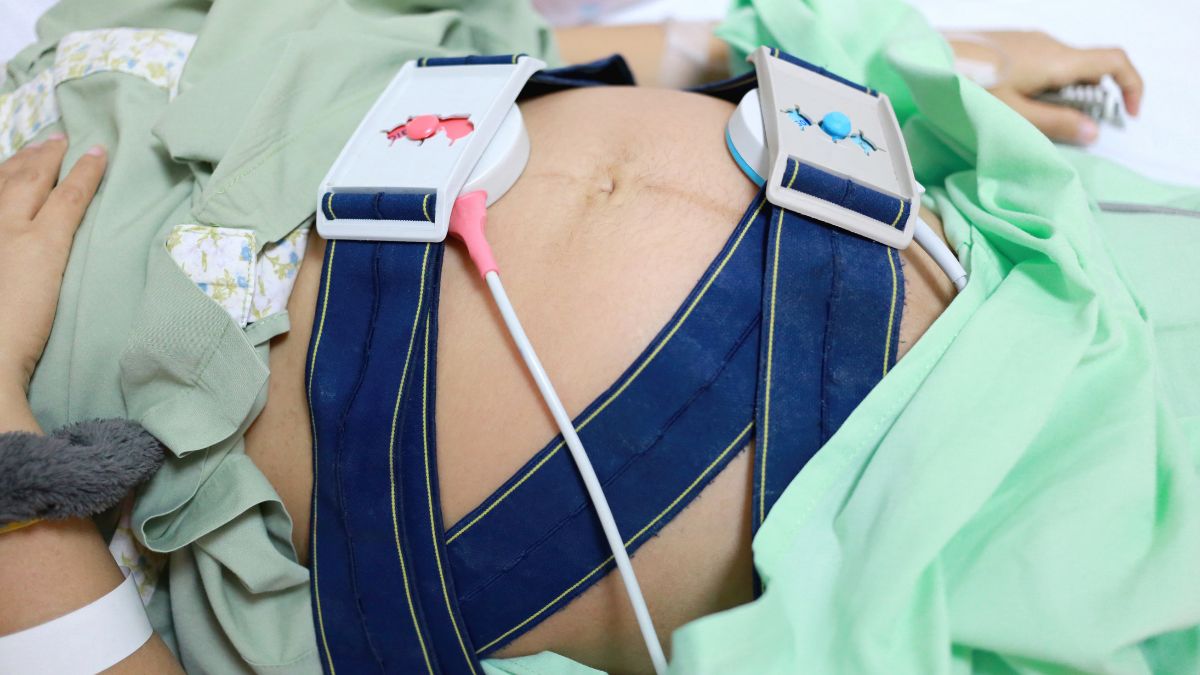Losing a pregnancy is a devastating experience that can leave individuals searching for ways to cope with their grief and overwhelming emotions.
Among the various coping mechanisms, some may turn to alcohol to find solace.
However, it is important to understand the potential impact of alcohol consumption after a miscarriage.
This article will explore the effects of drinking after pregnancy loss, the risks associated with alcohol abuse, and guide safe drinking practices following a miscarriage.
Alcohol and Pregnancy Loss: A Complex Connection
While this article focuses on the effects of drinking alcohol after a miscarriage, it is important to recognize that alcohol abuse can also contribute to pregnancy loss.
Research suggests that heavy drinking, defined as consuming more than two alcoholic beverages daily, increases the risk of miscarriage.
Therefore, individuals must be aware of their alcohol consumption habits during pregnancy and after a miscarriage.
Alcohol’s Role in Coping with Grief
Grief is a natural response to loss, and it is essential to allow oneself time to grieve and heal after a miscarriage.
However, turning to alcohol as a coping mechanism may hinder the grieving process and impede emotional recovery.
While it may provide temporary relief or distraction, excessive alcohol use can lead to unhealthy coping mechanisms and further emotional distress.
Tips for Safe Drinking After a Miscarriage
While it is generally advisable to avoid alcohol consumption after a miscarriage, moderate drinking may be considered in certain circumstances.
However, it is crucial to prioritize safety and physical well-being.
Here are some guidelines and recommendations for safe drinking after a miscarriage:
- Consult Your Healthcare Provider: Before making any decisions about alcohol consumption, it is essential to consult with a healthcare provider who knows your medical history. They can provide personalized guidance and advice based on individual circumstances.
- Drink in Moderation: If you choose to consume alcohol after a miscarriage, it is crucial to do so in moderation. Define your limits and ensure you know the recommended guidelines for moderate alcohol consumption.
- Be Mindful of Potential Risks: Alcohol is known to thin the blood, which can increase bleeding. If you have anemia or are taking medications that could interact with alcohol, it is best to avoid drinking altogether.
- Stay Hydrated: Alcohol can dehydrate the body, so it is important to stay hydrated by drinking plenty of water alongside alcoholic beverages.
- Listen to Your Body: Pay attention to how your body reacts to alcohol after a miscarriage. If you experience increased flow, intensified cramps, or dizziness, it may be a sign that alcohol is not well-tolerated and should be avoided.
Remember, these guidelines are not meant to encourage alcohol consumption after a miscarriage but to provide information for those who choose to drink responsibly.
It is crucial to prioritize emotional healing and seek healthier coping mechanisms during grieving.
Navigating the Emotional Aspects of the Post-Miscarriage Period
In this section, we will explore the emotional aspects of the post-miscarriage period and offer coping strategies to help navigate this difficult journey.
- Understanding Grief and Loss: Grief is a natural response to the loss of a pregnancy, and it can manifest in various ways. Some may experience intense sadness, anger, guilt, or even feelings of emptiness. Understanding that grief is a normal and individualized process can be the first step toward healing.
- Communicating Emotions: One of the most challenging aspects of coping with miscarriage is communicating feelings. Partners may have different coping mechanisms, leading to potential misunderstandings. Encouraging open and honest communication can foster a sense of mutual support during this difficult time.
- Seeking Emotional Support: Sharing the experience with others who have undergone similar losses can be profoundly healing. Consider joining a support group in person or online to connect with others who can empathize and offer encouragement.
- Partner Support: Miscarriage can impact partners differently, and it’s essential to recognize and respect each other’s feelings. Encourage open dialogues, validate emotions, and be patient as both partners grieve in their unique ways.
- Coping Mechanisms: While everyone copes with grief differently, certain coping mechanisms can be helpful during the post-miscarriage period. Engaging in activities that bring comfort, such as journaling, art therapy, or exercise, can offer a sense of release and solace.
- Allowing Time to Heal: Grieving after a miscarriage is not a linear process, and healing takes time. Give yourself permission to feel a range of emotions and remember that healing occurs at its own pace.
- Seeking Professional Support: In some cases, the emotional toll of miscarriage may be overwhelming. Don’t hesitate to seek professional counseling or therapy to work through complex emotions and develop healthy coping strategies.
- Honoring the Loss: Many find solace in finding ways to honor the memory of the lost pregnancy. Creating rituals, planting a tree, or making a charitable donation in remembrance can be meaningful ways to cope with the loss.
- Nurturing the Relationship: The loss of a pregnancy can place strain on a relationship. Proactively nurturing the bond with your partner and finding ways to support each other can strengthen the relationship during this challenging period.
Alcohol Abuse’s Impact on Physical and Mental Health
Alcohol abuse not only affects emotional well-being but also poses significant risks to physical health.
Excessive alcohol consumption can lead to various health problems, including liver disease, cancer, and heart disease.
Additionally, alcohol abuse can impair fertility, making it more challenging to conceive in the future.
Therefore, addressing unhealthy drinking habits and seeking appropriate support after a pregnancy loss is crucial.
Warning Signs of Alcohol Abuse
It is important to be aware of the signs of alcohol abuse for oneself and loved ones who may be struggling after a miscarriage.
Some common indicators of alcohol abuse include:
- Drinking more alcohol than usual
- Drinking in secrecy or hiding alcohol consumption
- Lying about drinking habits
- Feeling guilty or ashamed about drinking
- Drinking alone
- Neglecting responsibilities in favor of drinking
- Experiencing financial difficulties due to alcohol consumption
If you or someone you know exhibits these signs, reaching out for assistance and support is crucial.
Seeking Alcohol Addiction Treatment
If you find yourself or a loved one relying on alcohol as a coping mechanism after a miscarriage, seeking professional help is essential.
Alcohol addiction treatment programs can provide support and resources to overcome addiction and navigate the grieving process.
At reputable treatment centers, in-house psychiatrists and a team of recovery specialists offer compassionate care.
Treatment plans are tailored to individual needs, incorporating various therapies and aftercare planning to support long-term recovery.
Wrapping it Up
While some individuals may consider turning to alcohol, it is important to understand the potential risks and effects of alcohol consumption after a miscarriage.
The decision to drink after a pregnancy loss should be made with care, considering individual circumstances and consulting with a healthcare provider.
Prioritizing emotional healing, seeking support, and exploring healthier coping mechanisms are essential steps toward recovery and finding solace after a miscarriage.
The information provided in this article is for informational purposes only and is not intended to be a substitute for professional medical advice, diagnosis, or treatment. Always seek the advice of your physician or other qualified healthcare provider with any questions you may have regarding a medical condition. Do not disregard or delay seeking professional medical advice because of something you read in this article.
Sources
- Medline Plus (n.d.). Alcohol and pregnancy. Retrieved July 23, 2023, from https://medlineplus.gov/ency/article/007454.htm
- Centers for Disease Control (2022, April 14). Alcohol Use and Your Health. Retrieved July 23, 2023, from https://www.cdc.gov/alcohol/fact-sheets/alcohol-use.htm
- National Institute on Alcohol Abuse and Alcoholism (n.d.). WHAT TYPES OF ALCOHOL TREATMENT ARE AVAILABLE? Retrieved July 23, 2023, from https://alcoholtreatment.niaaa.nih.gov/what-to-know/types-of-alcohol-treatment








